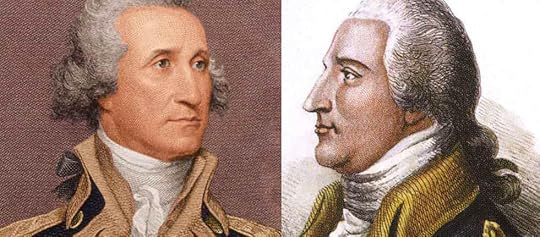What do you think?
Rate this book
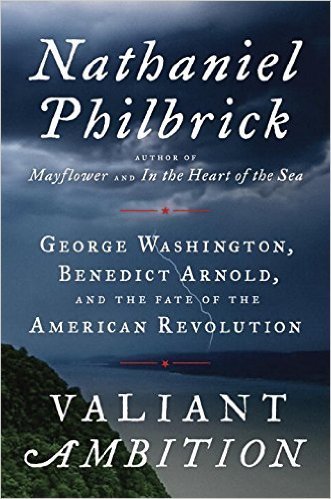

427 pages, Hardcover
First published May 10, 2016


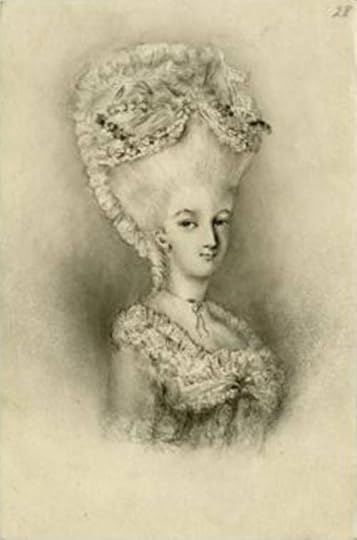


As he was valiant,
I honor him.
But, as he was ambitious,
I slew him.
-- William Shakespeare, Julius Caesar
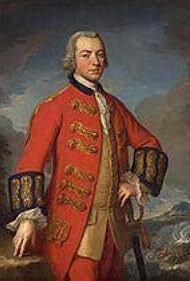

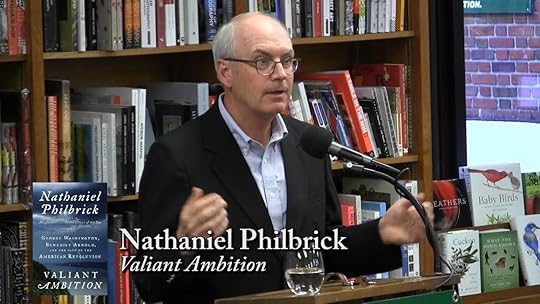
Arnold ventured into a realm of hypocrisy that can be described as sublime. Like Shakespeare's King Lear raging on the storm-blasted heath, Arnold felt himself "more sinned against than sinning" and in his delusional faith in his own honesty he felt justified in accusing his adversary of exactly the transgression he was about to commit. He was providing the British with vital military information & thus guilty of crimes that were far blacker than anything brought forward in the trial, which did not prevent him from launching into his defense with an eloquence & verve that was enough to take one's breath away at the sheer audacity of the man.Does this not sound a tad familiar to anyone present in the "Age of Trump"? In any case, not for the first time, Benedict Arnold "had picked a self-destructive quarrel with the very people upon whom his future depended". In spite of the man's rather obvious faults, George Washington seemed to have a blind spot when it came to Arnold, his contentious major general. With losses in battle & the expanding problem with Arnold, Washington is at times dispirited, particularly given the lack of any consistent funding for the patriotic struggle he was commanding, seeing the Continental Army withering & the former colonies potentially reduced to a "quarreling collection of 13 sovereign states."
